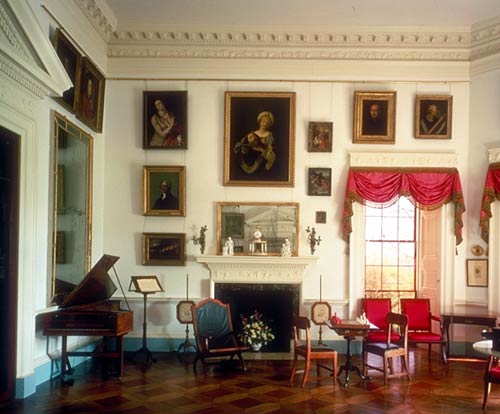Responsibility for the Common Good: Tomasky
Michael Tomasky of The American Prospect spoke of this in a recent article, "Party in Search of a Notion." I think the following excerpts give you the gist of his argument:
"For many years -- during their years of dominance and success, the period of the New Deal up through the first part of the Great Society -- the Democrats practiced a brand of liberalism quite different from today’s. Yes, it certainly sought to expand both rights and prosperity. But it did something more: That liberalism was built around the idea -- the philosophical principle -- that citizens should be called upon to look beyond their own self-interest and work for a greater common interest.
....
"The Democrats need to become [again] the party of the common good."
....
"There are potential dangers here and they should be noted. A too-aggressive common-good framework can discard liberty and rights; after all, Bush uses a conservative kind of common-good rhetoric to defend his spying program (he’s protecting us from attack). Democrats have to guard against this; a common good that isn’t balanced by concern for liberty can be quasi-authoritarian (“coercive,” as the political philosophers call it). Common-good rhetoric and action must be tethered to progressive ends and must operate within the constitutional framework of individual liberty against state encroachment."
http://www.prospect.org/web/page.ww?section=root&name=ViewWeb&articleId=11424
But how and where do we draw the line between the demands of liberty and of the common good? I'm working on that post now.




0 Comments:
Post a Comment
<< Home